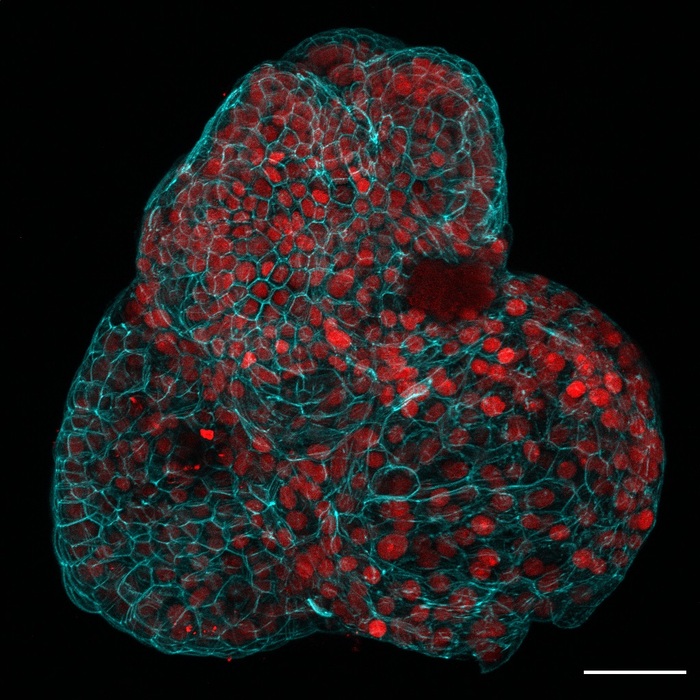The growth of organoids obtained from stem cells taken from amniotic fluid is set to be a revolutionary breakthrough in prenatal diagnosis, opening up the possibility to follow the whole development of the fetus, including the latter phases of pregnancy, which up to now have been so difficult to study.
The organoids are not just an instrument for diagnosis, they are also 'living laboratories' with which to test medicines and identify the most effective ones for made-to-measure therapies.
Lungs, kidneys and intestines are the organoids obtained so far in the study conducted by Great Britain's University College and coordinated by the Italian scientist Paolo De Coppi.
Another Italian, Mattia Gerli, is the lead author of the study, published in the Nature Medicine journal, which the Great Ormond Street Hospital cooperated with. "A new era has begun," De Coppi told ANSA.
"Up to now it had not been possible to obtain a result like this in a non-invasive way."A lot more research is still needed, but the road has been opened and the first clinical tests could be ready in four or five years.
"Up to now amniotic fluid made it possible to conduct genetic testing of the fetus, but now it becomes possible to use this technique in the best way".
It effectively makes it possible to obtain 'mini organs' from the amniotic fluid, so amniocentesis is set to become 3D."Amniotic fluid is a resource and, in our research, we obtained a cell-by-cell map," said Gerli.Cells from Amniotic fluid were taken during prenatal tests in 12 pregnancies in period from 16 to 34 weeks for the study.
Leggi l'articolo completo su ANSA.it